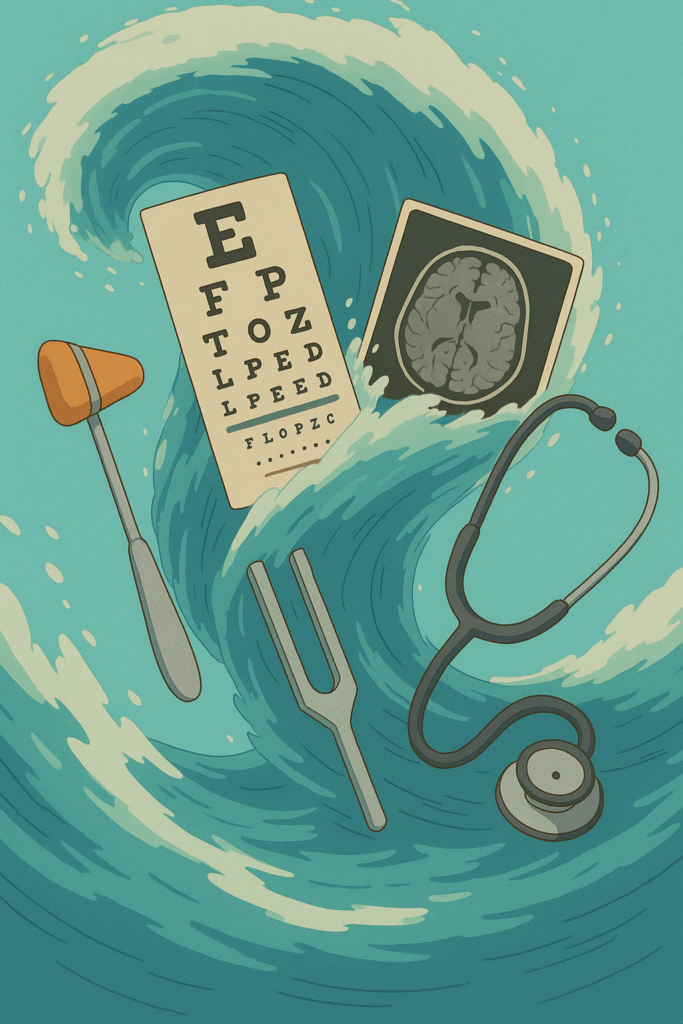Yes, climate change will affect weather patterns, food accessibility, air quality and much more. But, a new consideration is that it may also affect neurologic health profoundly.
Rising air temperatures and worsening air pollution have been linked to worsening neurologic disease. Studies have shown not only increased incidence of stroke but also worsened outcomes. There is a 21% increased chance of hospitalization for MS relapses linked to these factors (unclear if this means increased incidence of relapses or just worsened disability severity). The significant rise in hospitalizations for migraine and dementia have been linked to these climate change effects as well. Further, just a 2-degree Celsius rise in global temperatures will increase the incidence of malaria, including cerebral malaria which is a leading cause of seizures in regions of Africa.
The burden is greatest for low and middle-income countries, magnifying current health inequities. Ironically, those most affected will be the countries contributing the least to global warming. But the impacts will be felt globally, even in the richest countries. The increasing frequency and severity of heat waves increases heatstroke-induce brain bleeds and tick-borne encephalitis (infection of the brain.
Obviously the answer lies in aggressively combatting climate change with cleaner energy technologies and clean-up of polluted air and water. The effort must be a joint one, including the governments, the automotive companies, emerging alternative energy technologies, the public, climate-health experts, and, yes, neurologists and people at greater risk for neurologic disease. Most importantly, the effort must be supported by the public in supporting and demanding efforts at combatting climate change.
Populations at risk, such as patients with early dementia, multiple sclerosis, Parkinson’s disease and with cerebrovascular risk factors need to make lifestyle decisions with climate change in mind: where they live and travel, avoiding exposure to high temperatures and poor air quality by staying indoors when conditions merit them, and following their neurologic health closely.
BeCareLink apps can help you protect you by quantifying your neurologic health, warning you of when to get early medical attention, monitoring you for declining neurologic performance, and even assisting in diagnosis of emerging conditions. At this critical juncture, we need to become invested both in our own health and the health of our planet. Become empowered. Become a driver in your own neurologic health journey.
